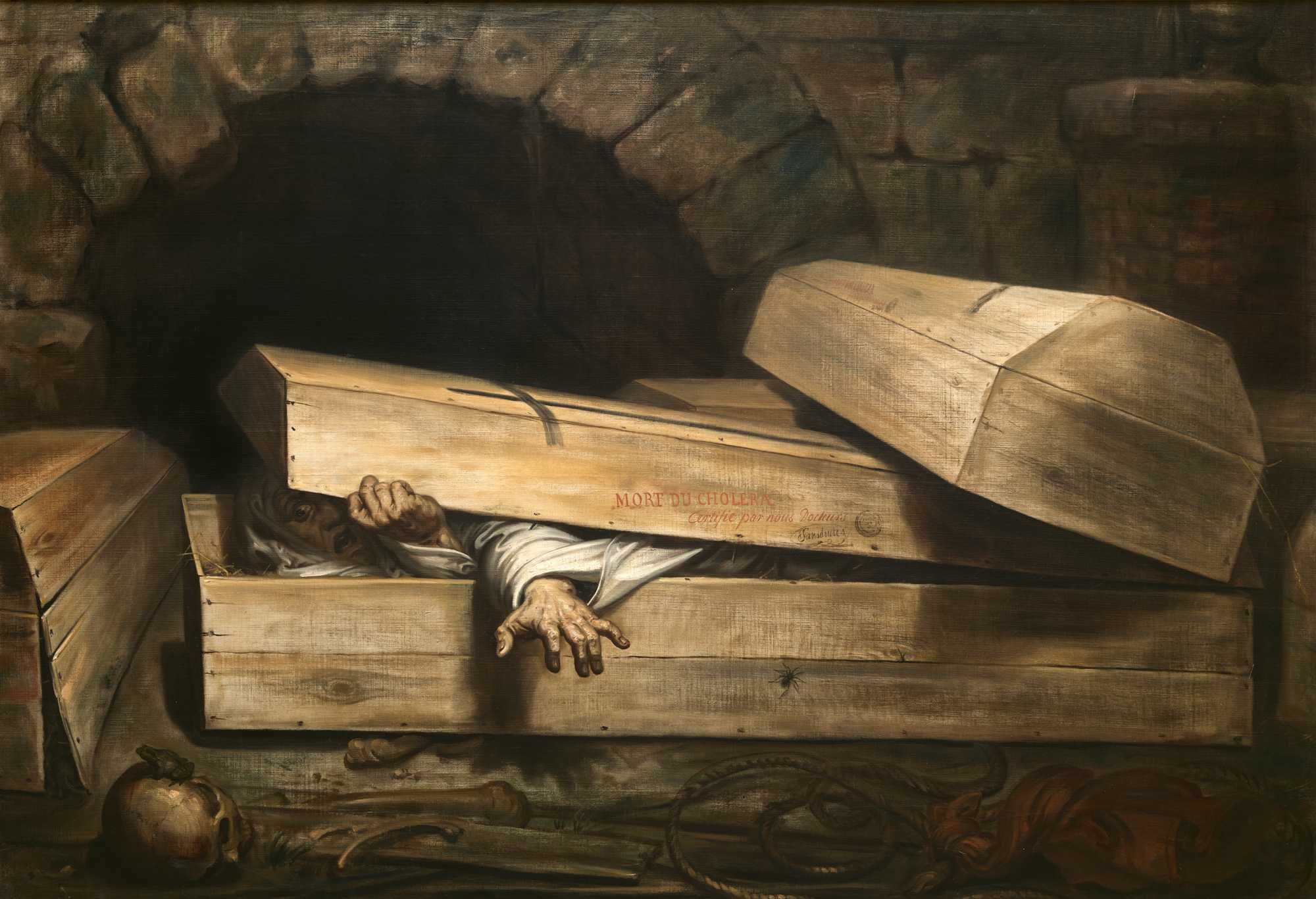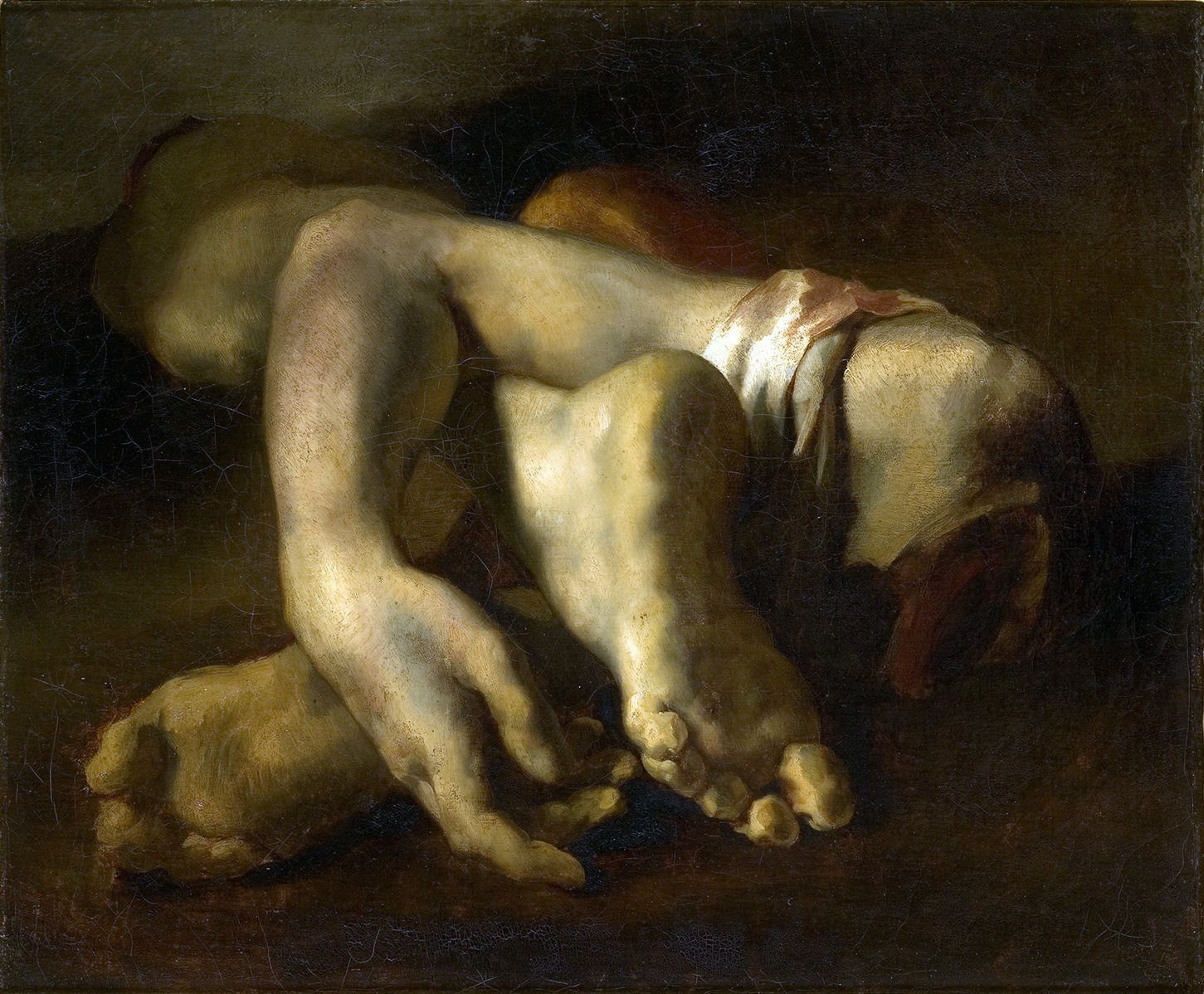breaking down the corpse in art
+
all manner of the macabre.
d_composition is an art historical take on the body hereafter. Formed in the petri-dish of visual culture and death, it’s aimed at those who rubberneck for anything morbidly curious.
Amongst these hoardings, you’ll find hot takes on art with a dark sensibility,
from ages ago til now and my latest fixations and goth adjacent media.

moth to a flame
Gabriel von Max’s Der Anatom incorporates vanitas imagery and the symbol of the moth, forming a salon painting typical of the era, and indicative of a larger (and truly icky) predilection among artists to depict the corpse of a beautiful woman.

murder most foul
The mythos behind a murder most foul: the assassination of Duke of Buckingham and the commemorative patronage of Katherine Villiers.

the premature burial
Throughout the Victorian era, folk were convinced that being buried alive was a very real possibility, largely due to the limited ways of medically proving a death. The Premature Burial by Antoine Wiertz depicts this pure-bred horror.

raft of the medusa
When Théodore Géricault’s painted The Raft of the Medusa (1818-9) he really committed 100%. He interviewed survivors, made a full-scale replica of the raft and – wait for it – borrowed body parts from the Hospital Beaujnon to create studies of decomposition.

hand of a hanged man
The hand of glory is not only one of the weirdest things I’ve happened upon, but it’s wildly complex to make and has the most weirdly specific payoff. Fortunately, courtesy of the Peti Albert, an 18th-century grimoire of folk magic, I’ve got the down low on the how-to.

angel of anatomy
In some kind of macabre burlesque act, Leonor Fini’s The Angel of Anatomy drops a mauve cloth away to reveal muscle and bone.

grave moments
Lowkey obsessed with these grave moments by Caspar David Friedrich. While he’s more commonly known for vast, Romantic landscapes, I think these paintings are due some love.

deathbed of a lady
Rendered in Monet’s signature style of loose brushwork and pastels, Camille is immortalised in her final moments.

vanitas
This still-life by Dutch artist, Harmen Steenwijck is an example of vanitas, a movement that took hold during the prosperity of the 18th-century in the Netherlands. Taking its name from the Latin word meaning ‘emptiness’, this genre of painting puts a bunch of objects together in a casual reminder of your own mortality.
